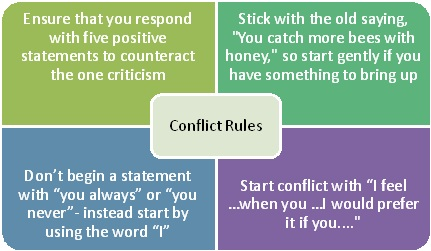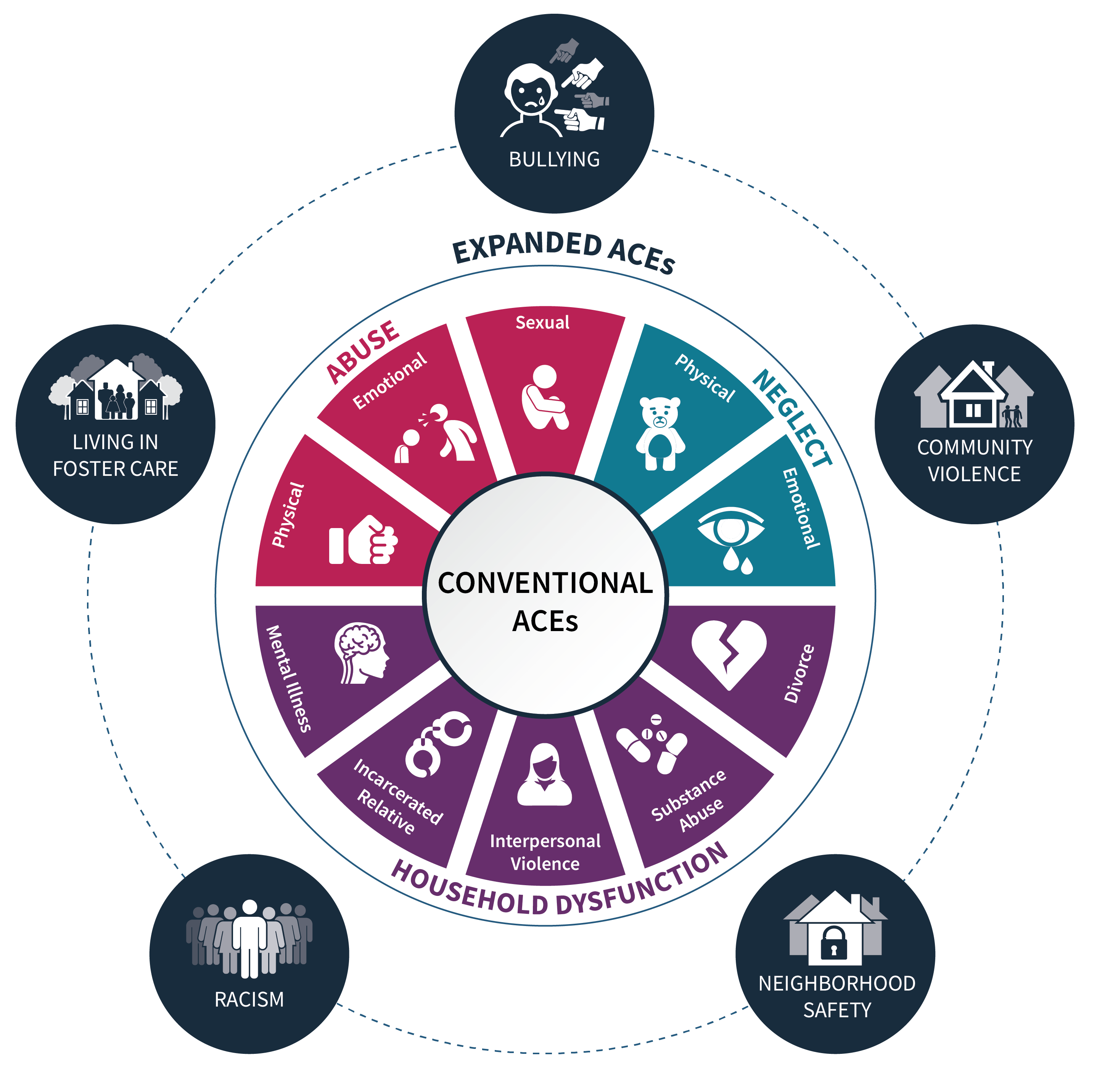- HOME
- ONLINE COURSES
- Our Partnership Begins When You Purchase an Online Course
- Get to Know Dr. D’Arienzo, Relationship Expert
- Florida Premarital Preparation Online Course
- Georgia Premarital Education Program Online Course
- TwogetherinTexas Premarital Online Course
- Tennessee Premarital Preparation Online Course
- Minnesota Premarital Education Course Online
- Oklahoma Premarital Counseling Online Course
- South Carolina Premarital Preparation Course
- West Virginia Premarital Education Course
- Online Marriage and Relationship Tune Up Course
- Florida DCF Certified Parent Education and Family Stabilization Online Course
- Georgia Qualified Parent Education and Family Stabilization Online Course
- Texas Qualified Parent Education and Family Stabilization Online Course
- High Conflict Co-Parenting Online Certificate Course (8 Hours)
- Online Anger Management Four Hour Course (Level 1)
- Online Anger Management Eight Hour Course (Level 2)
- Sexual Harassment Online Training
- PSYCHOLOGICAL & CONSULTIVE SERVICES
- BUSINESS & PERFORMANCE PSYCHOLOGY
- CLINICAL, COUPLES, & FAMILIES
- ADHD Treatment & Evaluation Services
- Anger Management
- Anxiety Treatment & Evaluation Services
- Borderline Personality Treatment Services
- Cognitive Behavioral Therapy (CBT) Self-Help
- Couples Counseling and Marital Therapy
- Consent for Psychological Services for Minors Post-Divorce
- Depression Treatment Services
- Infidelity Recovery
- Jacksonville Counseling and Psychology
- Military Psychology & Tricare
- Narcissistic Personality Treatment Services
- Online Counseling
- Psychoeducational Testing
- Psychological Testing and Assessment
- Psychotherapy & Counseling
- FORENSIC PSYCHOLOGY & EXPERT TESTIMONY
- LIFE COACHING & EXECUTIVE COACHING
- PERSONAL PROTECTION/LAW ENFORCEMENT EVALS & TESTING
- CPI Police and Public Safety Assessment
- G License Psychological Testing
- Psychological Testing for Armed Security Guards and Personal Protection Officers
- Texas Level III CSO and IV PPO Psychological Testing
- Requirement for Texas Security License Applicants: MMPI Evaluation
- Level 3 Security Guard New Mexico Psychological Evaluation
- PSYCHOLOGICAL PUBLIC DISABILITY QUESTIONNAIRES (DBQ)
- TEAM
- D’Arienzo Psychological Group Overview
- Dr. Justin D’Arienzo, Psy.D., ABPP
- Mario Decunto, LMHC
- Dr. Amy Hartley, Ph.D.
- Dr. Erica Janson, Psy.D.
- Alan Lipzin, LMHC
- Cynthia Salameh, Esquire
- Wendy Monger, Tutoring Specialist and Academic Coach
- Dr. Michael Nackashi, Psy.D., Clinical Psychologist
- Dr. Ellen Williams, Ph.D., Clinical Psychologist
- Joseph Zichi, LCSW
- Mack, Roman and Roxy D’Arienzo
- Merch & Social Media
- Books
- APPT REQUEST
D'Arienzo Psychology Blog
Effective Methods of Communication for Couples

Posted by: Dr. Justin D'Arienzo, Psy.D., ABPP
Effective Methods of Communication for Couples Updated 2023–Effective Methods of Communication for Couples was written by future Industrial Organizational Psychologist, Brandon Araujo, for the D’Arienzo Psychology in September 2014. D’Arienzo Psychological Group is a Jacksonville, Florida based Clinical, Forensic, and Industrial Psychology Practice. One of our specialties is couples counseling and marital therapy, and we […]
5 Tips for Effective Communication

Posted by: Dr. Justin D'Arienzo, Psy.D., ABPP
Communication is one of the most important skills in any field. Whether you’re a student, a professional, or just trying to get through your day, being able to communicate effectively can make a big difference. In this post, we’ll discuss five tips for effective communication. By following these tips, you can improve your communication skills and make a positive impact on your relationships, your career, and your life. Tip #1: Be clear and concise. When you’re communicating with someone, it’s important to be clear and concise. This means using language that is easy to understand and avoiding jargon or technical terms that the other person may not be familiar with. It also means getting to the point quickly and avoiding rambling.
Tip #2: Use active listening skills. Active listening is just as important as clear communication. When you’re listening to someone, it’s important to make eye contact, nod your head, and ask clarifying questions. This shows the other person that you’re paying attention and that you’re interested in what they have to say. Tip #3: Be respectful of others. Even if you disagree with someone, it’s important to be respectful of their opinion. This means avoiding personal attacks and name-calling. It also means listening to their point of view and trying to understand where they’re coming from. Find out more tips….
How to Spot a Narcissist

Posted by: Dr. Justin D'Arienzo, Psy.D., ABPP
How to spot a narcissist? Dr. D’Arienzo, Clinical Psychologist here. I am going to share five signs that indicated you might be dealing with a narcissist. Receiving criticism: Their fragile self-esteem can’t even handle constructive criticism. Feedback seems like a direct attack. Losing Control: When they lose control of situations and people around them, they feel powerless because it contradicts their grandiose image of themselves. Not being admired: They thrive on admiration and attention and when they are ignored and don’t get what they think they deserve they pout, and get frustrated and angry. Being exposed: They create a false persona to maintain their inflated self-image but when someone exposes their true self, vulnerabilities or manipulations, they go on the attack. Losing a competition: They think they are superior to others and when someone beats them, they feel inferior, so they react with rage, make excuses, and “file away” a serious resentment. Losing is personal to a narcissist. Obviously, we all have some of these traits, but if you’re narcissist, you would have most of these and to the extreme. If that’s you or your in a relationship with one, get professional help.
Planning a Spring Wedding?

Posted by: Dr. Justin D'Arienzo, Psy.D., ABPP
Are You Planning a Spring Wedding? The Allure of Spring Weddings: Celebrating Love Among Blossoms and New Beginnings. The transition from winter to spring represents a time of renewal, growth, and beauty. As nature awakens and blooms, it’s no wonder that many couples choose this season to begin their journey together as a married couple. Spring weddings have a certain charm and romance that can’t be replicated in other seasons. From the abundance of flowers to the mild weather, spring provides an enchanting backdrop for a magical wedding. In this article, we’ll explore the top reasons why you should consider getting married in the spring.
See below for information about our Florida, Texas, Georgia, Tennessee, Minnesota, Oklahoma, and South Carolina Premarital Preparation Courses.
What Are Adverse Childhood Experiences (ACEs)?

Posted by: Dr. Justin D'Arienzo, Psy.D., ABPP
I (Dr. D’Arienzo) was recently involved as a defense expert (Forensic Psychologist) in a U.S. Military case regarding mitigation for a court-martial sentencing hearing. I assisted the defense by testifying about how the accussed had been impacted by a series of ACEs that created a chronic stress condition which impacted his decision making as a young adult. At the same time, I also explored how some of these experiences, with the right future environment, also led to resilient character traits that improved his rehabilitative potential. Generally, we know from the literature that having four or more ACEs is associated with deleterious mental and physical problems, criminalistic behaviors, as well as a shortend lifespan; while at the same time, for some people, these experiences lead to a toughing that is not always negative. The most commonnly researched Adverse Childhood Experiences are:
How do you talk to your children about divorce?

Posted by: Dr. Justin D'Arienzo, Psy.D., ABPP
Talking to your children about divorce can be a difficult and emotionally draining conversation especially as you anticipate having this necessary conversation. However, it is important to approach it in a sensitive and age-appropriate way. Here are some general tips on how to talk to your children about divorce:
Schedule a family meeting: It’s best that both parents schedule a family meeting to talk to the children together. Having a meeting on a Friday evening or Saturday morning is best so the children can emtionally process this difficult situation and understand what the action plan is for the family prior to returning to school on Monday morning. Please note that this meeting should be one meeting of many, and this step should be repeated several times throughout the divorce process.
Signs Someone is Cheating

Posted by: Dr. Justin D'Arienzo, Psy.D., ABPP
Okay, guys, he are real signs and examples that someone has been cheating straight from the psychologist’s couch. These examples have been altered slightly to protect those who exercised these behaviors, and know that I’ve (Dr. Justin D’Arienzo) heard all these examples many times from multiple patients. There are definite patterns of behavior related to infidelity that humans typically exercise.
What is parenting coordination?

Posted by: Dr. Justin D'Arienzo, Psy.D., ABPP
What is Parenting Coordination? Parenting Coordination is a child-focused alternative dispute resolution process that helps parents resolve conflicts related to parenting plans, custody, and visitation arrangements. It involves a trained professional, usually a licensed mental health professional or attorney, who acts as a neutral third-party to assist parents in making decisions regarding their children. […]
Dr. D’Arienzo, Psychologist, featured in GQ Magazine

Posted by: Dr. Justin D'Arienzo, Psy.D., ABPP
Dr. D’Arienzo was recently featured in a GQ Magazine Article about location-sharing in a relationship. The article discusses that some couples might encourage location-sharing for safety concerns. Other couples might think that location-sharing oversteps boundaries. Dr. D’Arienzo weighs in and explains that location-sharing can be healthily or unhealthy depending on how couples use it.
Are you suffering from a midlife crisis?

Posted by: Dr. Justin D'Arienzo, Psy.D., ABPP
The concept of a midlife crisis is a well known problem that seems to occur during, well, around the middle of someone’s life. The midlife crisis can be defined as ‘personal turmoil and sudden changes in personal goals and lifestyle’ (Collin, 1979). Many people associate death of a friend or family member as a cause.




